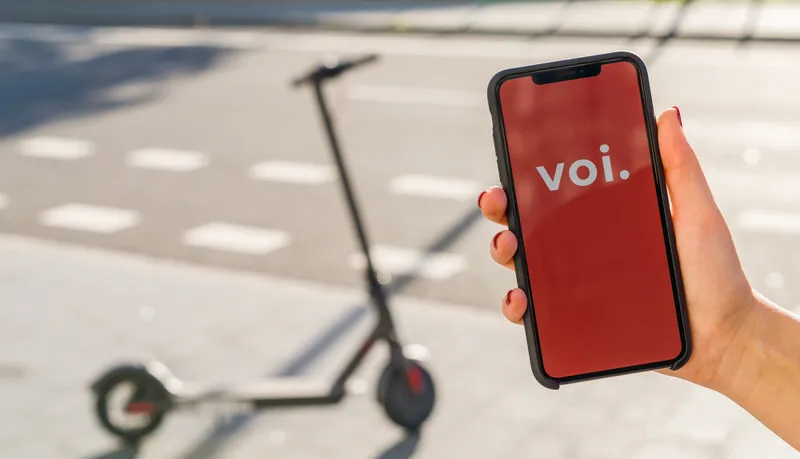
ITS Georgia has provided 40 laptops to local students during the Covid-19 lockdown.
The devices, donated to the Boys and Girls Clubs of Metro Atlanta and to Clayton County Schools, will “help us close the digital access divide”, said Clayton’s superintendent Dr. Morcease Beasley.
“As an organisation that focuses on technology, ITS Georgia wanted to provide a technological solution to help during the Covid-19 crisis,” said Winter Horbal, president of ITS Georgia.
“We are fortunate that board member Keith Rohling came up with the laptop donation programme and is seeing it to fruition.”
“This technology is helping to bridge the massive digital divide that our kids are facing and get devices to the families who need it most,” said Natasha B. Rice, chief administrative officer, Boys & Girls Clubs of Metro Atlanta.
The laptops were provided from the Chapter’s Scholarship Fund and from members’ donations.
Fundraising continues to provide additional laptops and donations can be made here.









